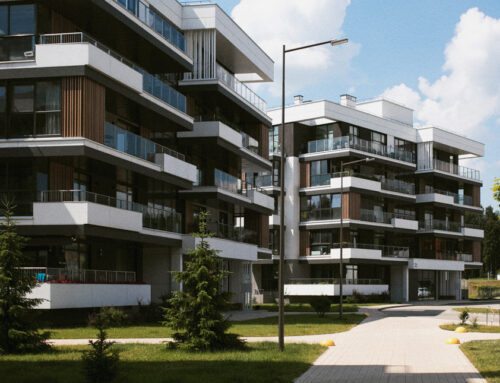Homeowners Associations (HOAs) play a crucial role in maintaining and enhancing the quality of life in many residential communities. One of their primary functions is to manage the reserve fund, a pool of money set aside for major repairs, replacements, and improvements within the community. However, when these funds run a deficit, the implications can be significant for homeowners. This essay explores the impact of HOA reserve fund deficits on homeowners, focusing on financial implications, property values, and potential legal consequences.
Firstly, the most immediate impact of a reserve fund deficit is the financial strain on homeowners. HOAs are responsible for the upkeep of shared amenities like swimming pools, clubhouses, landscaping, and even infrastructure such as roads and roofs in some communities. When the reserve fund falls short, the necessary funds have to come from somewhere else. Often, this means an increase in HOA dues or special assessments levied on homeowners. These unexpected charges can significantly strain homeowners’ finances, especially those on fixed incomes or tight budgets. In extreme cases, the inability to pay these charges may even lead to liens on properties or foreclosures, further aggravating the financial hardship.
Secondly, HOA reserve fund deficits can negatively affect property values within the community. Properly maintained shared amenities and infrastructure contribute to the desirability and therefore the value of properties within the community. If an HOA can’t afford to maintain or replace these amenities due to a reserve fund deficit, it could lead to visible decline and deter potential buyers. This, in turn, can depress home values in the community. Moreover, knowledgeable buyers and real estate professionals are often wary of communities with underfunded reserves, as they can foresee the potential for substantial future assessments. Thus, an HOA reserve fund deficit can make it more difficult for homeowners to sell their properties and may even reduce the amount they can sell them for.
Lastly, there are potential legal implications of HOA reserve fund deficits. In many states, laws require HOAs to conduct regular reserve studies to ensure that they are adequately funded. If these studies reveal that an HOA is underfunded and the board fails to take appropriate action, the board members could potentially be held personally liable for breaching their fiduciary duties. Homeowners, in turn, could find themselves embroiled in costly and time-consuming legal battles. Additionally, lending institutions may be less inclined to approve mortgages for properties within communities that have underfunded reserves, making it even harder for homeowners to sell their properties.
In conclusion, HOA reserve fund deficits can have far-reaching and severe impacts on homeowners. They can lead to financial strain due to increased HOA dues or special assessments, reduce property values, and even result in legal troubles. To avoid these issues, HOAs must take their responsibility to manage and fund their reserves seriously. Regular reserve studies, prudent budgeting, and active financial management can help ensure that HOA reserve funds are adequately funded to meet the community’s needs. This not only ensures the ongoing maintenance and improvement of shared amenities and infrastructure but also protects homeowners from the financial, property value, and legal impacts of reserve fund deficits.




